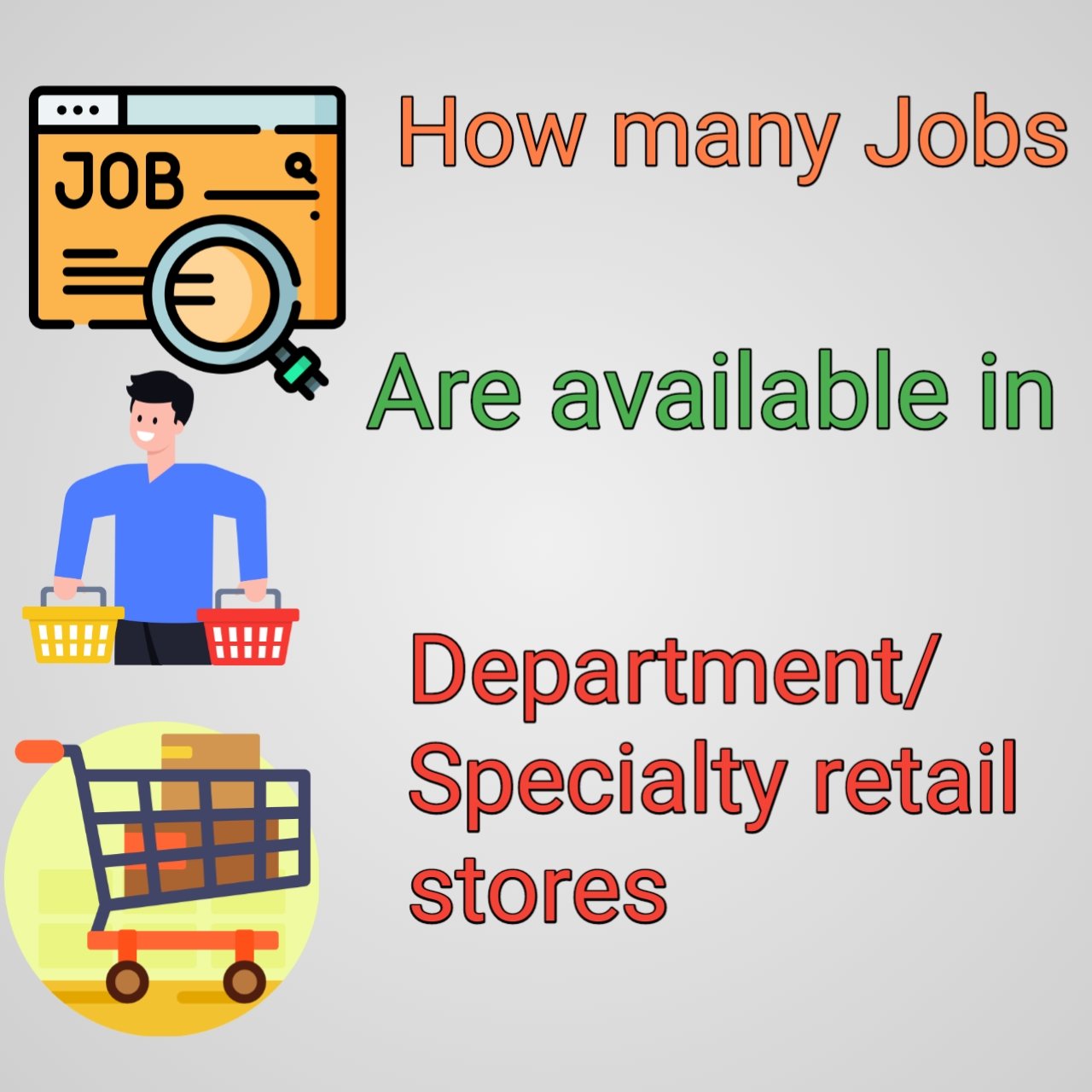If you are interested in the catalog and speciality distribution industry you may be pondering this question “Is catalog and speciality distribution a good career path?”.
The answer to this question is yes!
It is a good career path but you would need to know some basic facts before venturing into this industry.
There are many different career paths you could pursue if you’re interested in distribution. You could work as a distributor for a catalogue or speciality retailer, or you could own and operate your own business.
Why choose the Catalog/Specialty distribution career path?
One of the main reasons, for you to consider venturing into this career is the fact that catalogue and speciality distribution are growing industries with high demand for workers.
These careers offer a variety of opportunities for advancement. You can move up in your company or take on additional responsibilities and roles.
These careers offer excellent pay and benefits, including health insurance and retirement plans.
Catalogue and speciality distribution are highly visible positions, which can lead to opportunities for networking and job placement recommendation and many more.
What is Catalog/Specialty
distribution?
Catalogue/Specialty distribution is a career that specializes in selling products to retailers. To become a successful catalogue/speciality distributor, you will need to have excellent sales skills and be able to identify the needs of retailers.
Also, you will need to have basic knowledge of product categories and be able to scout potential customers.
Qualification and requirements for Catalog/Specialty distribution career
To become a successful catalogue or speciality distributor, you will need to have strong business insight and be able to sell yourself.
You will also need to be able to build strong relationships with your customers and able to provide them with high-quality products.
How can you start your catalogue or speciality distribution career
There are a few things you need to consider before starting your catalogue or speciality distribution business.
First, you’ll need to recognize your target market. Once you know who you’re selling to, you will need to develop a Strategy and plan of attack. You will also need to create a strong marketing plan with lots of learning opportunities because you need to gather lots of experience and put in the hard work it takes to succeed in this business.
If you think catalogue or speciality distribution is right for you, start planning your career today!
What does Catalog/Specialty distribution do?
Catalogue/Specialty distribution is the process of delivering products and services to retailers, distributors, and other customers through the use of catalogues or speciality magazines.
The job duties can vary depending on the company, but generally, a catalogue distributor will be responsible for creating and maintaining catalogues, placing orders with manufacturers, researching new products, and creating promotional materials. In addition to distributing products, some companies may also offer product installation or service support.
Best-paying jobs in Catalog/Specialty Distribution
Dispatcher ($34,000 – $86,000 per year)
A dispatcher is an individual whose main duty is to organise and they majorly work in a transportation company. They monitor the movement of vehicles and coordinate with drivers to ensure that everything runs smoothly.
The salary of a dispatcher depends on the company they are working for, their experience and their The their quality of a dispatcher is high as they have to make sure that the vehicles are running smoothly and all the cargo gets delivered on time from one location to another. They also need to keep track of any accidents or delays that happen during transit.
If you are interested in this career the requirements for this job include: good communication skills, you must have the ability to multitask, be organized and detail-oriented, and have an understanding of geography and traffic patterns in different countries.
Distribution Operations Associate ($78,000 – $157,000 per year)
A Distribution Operations Associate is a person who works in the distribution department of a company, which is responsible for fulfilling orders and distributing goods. The work done by these associates may include receiving, sorting and shipping goods to customers.
The average salary of a Distribution Operations Associate ranges between $38,000 and $62,000 per year, depending on the employer.
Also, note that the job quality is high because it offers a lot of variety in terms of tasks and responsibilities. There are a few requirements to be fulfilled before someone can become a Distribution Operations Associate. The most important requirement is being 18 years or older.
There are not many education qualifications required for this position because it does not require any formal education or training so hard work and experience would be the best way to succeed.
Administrating Store Manager ($120,000 – $182,000 per year)
Store managers are responsible for the operations and performance of their store. They have to ensure that the store is profitable, staff are well trained and engaged, and that customers are satisfied with their shopping experience.
The salary of a store manager can vary depending on the location of the company, the size of the company, and the number of employees in the company. The average salary for a store manager is $64,000 annually.
Director ($84,000 – $96,000 per year)
The Director is the head of the company and oversees all aspects of the company’s operations. They are responsible for maintaining and developing a strong company culture.
The director makes sure that employees are happy and productive, that projects are running smoothly, and that new opportunities are being explored the director is in charge of everything that goes on in the company. They make sure their employees are happy and productive; they oversee projects; they explore new opportunities; they maintain a strong company culture; etc.
Picker ($39,000 Per Year)
The Picker is a person who selects items from storage to fill customer orders. They respond promptly to the order being filled correctly and on time.
Pickers are often required to use equipment such as forklifts, pallet jacks, and hand trucks.
They may also need to work with various types of conveyor belts, sorting systems and computer-controlled storage equipment.
The salary for a picker ranges from $24,000 to $39,000 per year depending on the level of experience, size of the company, and location.
How to Find a Job in Catalog/Specialty Distribution
Looking for a career in catalogue/speciality distribution? Here are some tips to help you find the right position:
- Check out job websites that promote for I recommend The Daily Muse for example These sites list all kinds of jobs, including catalogue/speciality distribution positions.
- Go through job listings in your local newspapers or online publications. Catalogue specialty distributions often advertise their openings in these publications.
- Attend job fairs and meet with employers face-to-face. This is the best way to get a sense of what the job entails and whether it’s a good fit for you.
- Network with other professionals in the industry. Get to know those who work in catalogue/speciality distributions and ask them for advice. They may be able to steer you in the right direction.
Conclusion
My final thoughts on this topic would be to say once more that Catalog/Specialty distribution is a good career path.
It’s hard to know for sure what direction you want to take your career in. That’s why it can be helpful to explore different options and see which ones appeal to you the most. If you’re interested in catalogue/speciality distribution as a career path, keep the following in mind to help strengthen your pursuit of this career.
- research the industry and its growth potential
- identify any training or certification requirements that may be necessary
- network with people in the field.
Good luck in your ventures!





























